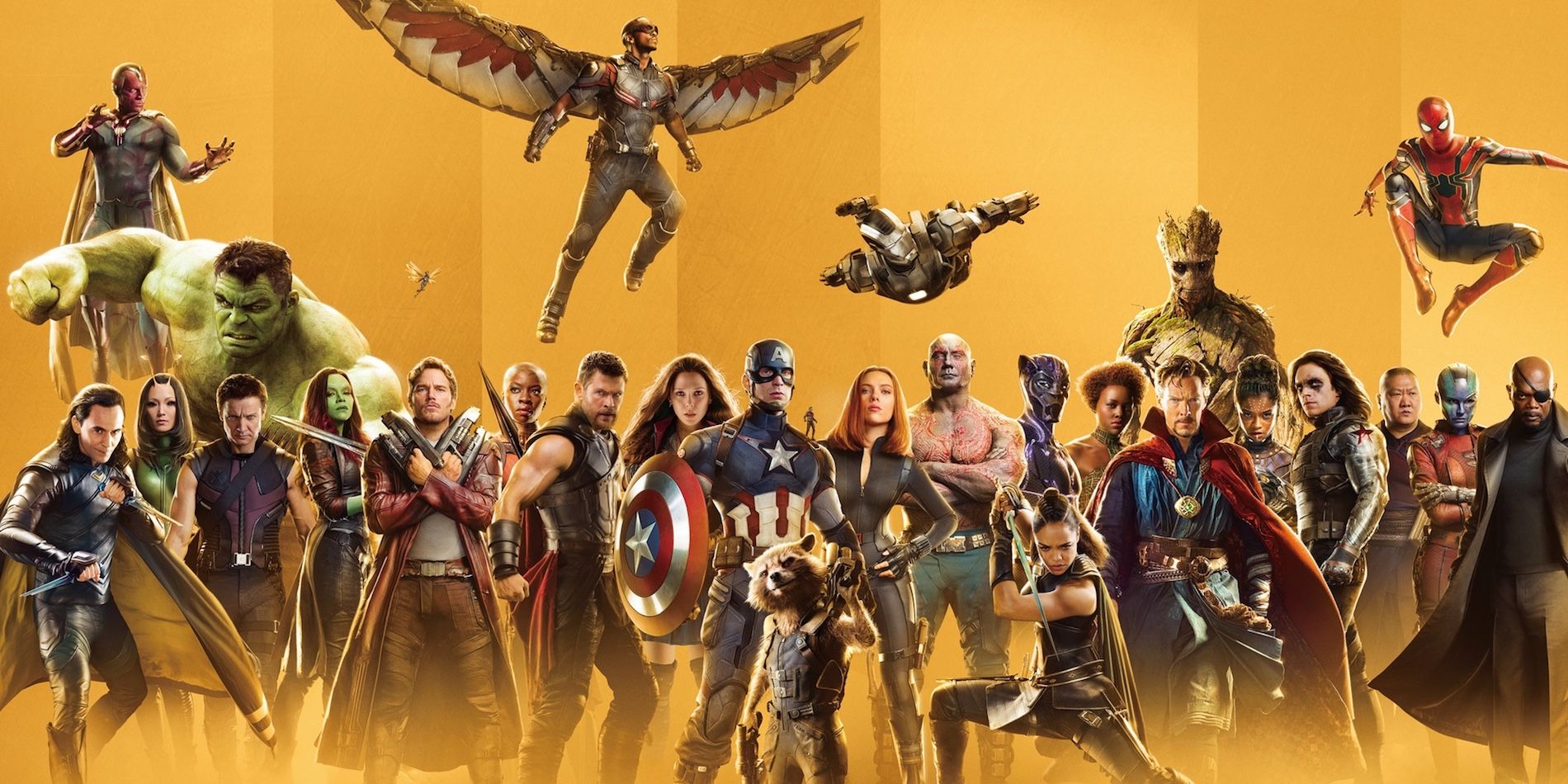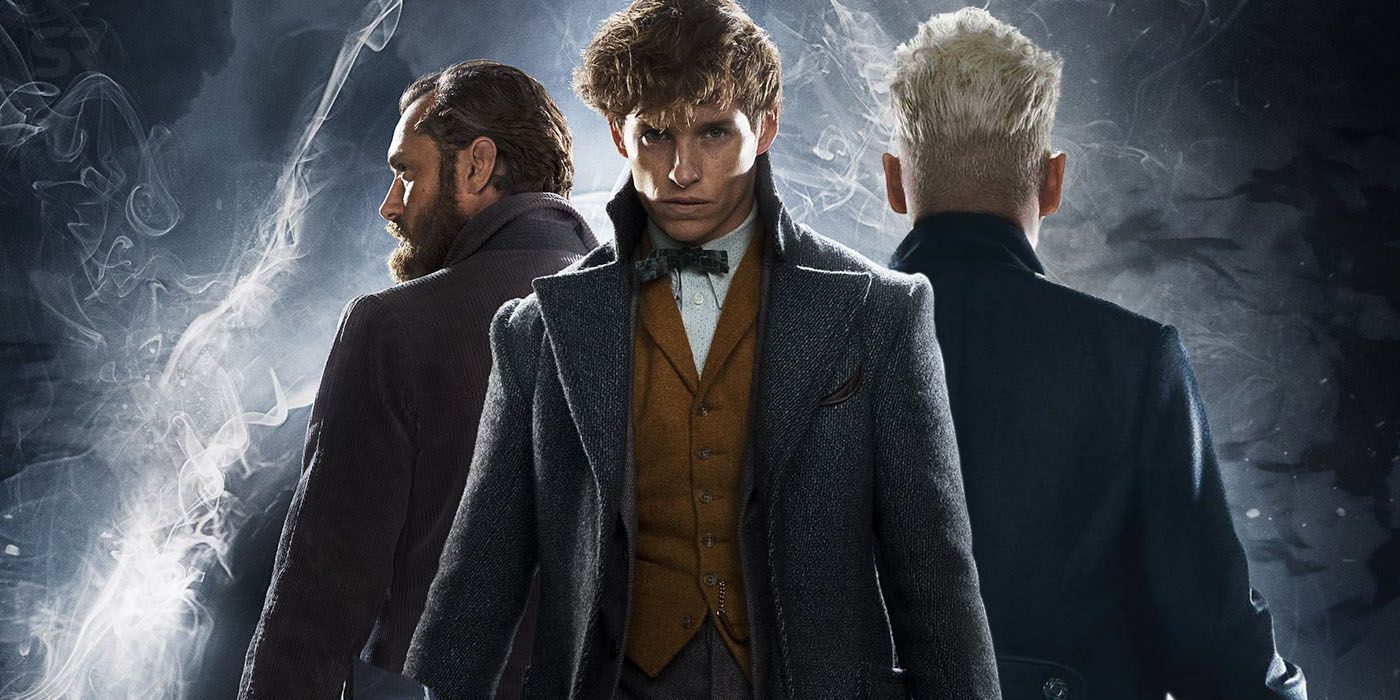With 2018 winding down to a close, it’s time to take a look at the biggest box office developments of the year and what studios can learn from them. Over the past 12 months, nearly 800 movies opened in theaters, bringing in more than $11.5 billion domestically collectively. That figure is substantially higher than last year’s $11.07 billion, indicating there were some titles that did extremely well and even rewrote the record books (more on them in a minute). Despite growing concerns of movie theaters losing their luster with several other entertainment options available, people showed they’ll still go to the multiplex to catch something that stands out.
Of course, it wasn’t all sunshine and roses for films this year. For every worldwide smash, there was another project that came up well short of expectations and even lost money for the studio. Some events were so significant, they should impact the shape of some of Hollywood’s biggest properties in the near future. Here are four we think are the most substantial – beginning with the industry’s most powerful studio.
Related: Every Box Office Record Black Panther Broke
Marvel Celebrates 10th Anniversary In Style

A decade ago, few thought the Marvel Cinematic Universe could actually work. It was an ambitious plan spearheaded by Kevin Feige, relying on secondary comic book characters like Iron Man and Captain America because Marvel had previously sold the rights to their more popular titles. But when The Avengers earned $1.5 billion in 2012, it was confirmed Marvel was here to stay for the longterm. This year, they celebrated their 10th anniversary with a pair of smashing success stories: Black Panther and Avengers: Infinity War. Both broke numerous records and captured the zeitgeist’s imagination. Panther even outgrossed Infinity War domestically – something few would have predicted heading into the year. Worldwide, Avengers was king by crossing $2 billion, but that’s still an impressive accomplishment.
Black Panther was the first MCU installment not featuring Iron Man to earn $1+ billion worldwide, giving the franchise a new cornerstone hero they can build around for the future. With the old guard of Tony Stark, Steve Rogers, and Thor possibly on the way out after Avengers: Endgame, Marvel needs a fresh stable of characters to carry the torch forward into Phase 4 and beyond. It’s encouraging for Kevin Feige and company Black Panther connected so strongly, and the inevitable sequel is already in development (with director Ryan Coogler returning to call the shots). The film definitely surpassed even the rosiest expectations, becoming a major player on the awards circuit and one of Marvel’s highest-grossing efforts. Hopefully others in the second wave (like Captain Marvel) can do something similar.
Solo: A Star Wars Bomb

Since the original Star Wars movie premiered in 1977, the franchise has been synonymous with financial success. Its good fortunes continued well into the Disney era, as The Force Awakens, Rogue One, and The Last Jedi combined to bring in more than $4 billion worldwide (surpassing the Lucasfilm sales price). Star Wars seemed too big to fail, even as its latest installment – Solo – was preparing to enter theaters in the shadow of Infinity War and Deadpool 2, plagued by negative buzz stemming from its infamous production issues. Early box office projections indicated the spinoff would break a Memorial Day record, but Solo fell well short of those estimates. Its three-day debut of $84.4 million, while higher than several other 2018 tentpoles, was still very underwhelming because of the inflated budget. Solo ended its run with $392.9 million worldwide, below the unadjusted global totals for the entirety of the original trilogy.
Solo’s disappointment isn’t enough to kill Star Wars, but it did force Lucasfilm to reevaluate their plans moving forward. In the aftermath, the studio reportedly put future anthology films focusing on individual characters (like Obi-Wan and Boba Fett) on hold, envisioning a slowdown on the release schedule after Episode IX. They still intend to move forward with Rian Johnson’s trilogy and David Benioff & D.B. Weiss’ series, but the impression was Disney might have rushed out too much new Star Wars content. Looking ahead, they need to be smarter about how they handle one of their many lucrative cash cows, particularly when it comes to carefully choosing release windows. With Episode IX premiering in December 2019 (like all the other non-Solo films of this era), the galaxy far, far away should bounce back in a big way and prove Solo was a fluke – not a harbinger of things to come.
Page 2: Venom Is A Hit, But Other Franchises Stumble

Can’t Stop Venom
Sony baffled a lot of people when they announced plans to make a solo Venom movie – one that wouldn’t involve the character of Spider-Man. When Venom was officially green lit, Your Friendly Neighborhood had just enjoyed a cinematic resurgence due to Tom Holland’s earnest portrayal of Peter Parker in Captain America: Civil War and had Homecoming on the way. For many, this was another instance of Sony biting off more than they could chew, since the studio believed Venom could be the first of several Spider-Man spinoffs revolving around the property’s impressive rogues gallery. As it turns out, Sony was finally right. Venom broke October box office records and outgrossed a bevy of other superhero movies at the worldwide box office, posting an impressive $854.9 million. Venom managed that feat despite being critically panned.
Related: What Venom’s Success Means for the MCU (and Spider-Man)
Because Venom was such a massive success (particularly in China), Sony can now confidently move forward with their franchise plans. A Venom sequel is obviously in the works, and the Morbius movie starring Jared Leto is currently gearing up to start production. Coupled with animated critical darling Spider-Man: Into the Spider-Verse serving as a launchpad for its own separate series, Sony had a very good year in regards to their Marvel adaptations. It was about time, too, especially since the studio fumbled the Amazing Spider-Man series earlier this decade. Whether Venom eventually crosses over with the MCU or not, Sony will be able to reap the benefits of the 900+ Marvel characters they own the rights to.
Major Franchises Stumble

Star Wars wasn’t the only high-profile brand that underperformed this year. There were several franchise entries that failed to live up to expectations. Fantastic Beasts: The Crimes of Grindelwald is by far the lowest-grossing Wizarding World film with $155.6 million domestic and $614 million worldwide. Shane Black’s The Predator failed to revitalize that action series by grossing a paltry $160.5 million worldwide against an $88 million production budget. Another attempted revival, The Girl in the Spider’s Web, crashed and burned with $34.2 million worldwide, and Mortal Engines ($55.9 million) proved Peter Jackson’s name alone isn’t enough to make a movie a hit. Even Bumblebee, the best reviewed movie of Christmas, failed to leave an impression with the worst opening weekend in Transformers history.
Some of these franchises are already dead and won’t see the light of day again (Spider’s Web, Mortal Engines). Others are in a more fascinating position; Fantastic Beasts turned a minor profit, but not anywhere near what Harry Potter films are accustomed to. Warner Bros. needs to take the time between Grindelwald and its sequel to iron out the kinks and craft a compelling story audiences can get invested in. It’s no coincidence the first Rotten Wizarding World film is also the worst-grossing. As for Bumblebee, it represents the continued decline of the Transformers drawing power and could put Paramount in a tight spot. Star Trek is facing an uncertain future on the film side of things, so the studio is in dire need of a strong tentpole to complement Mission: Impossible (which may only go as long as Tom Cruise wants to). Whenever the next Transformers film comes out, it’ll need to be a massive hit. Staying clear of Aquaman might help.
–
These are just some of the more interesting box office developments of the past year and our takes on how they might impact the film industry moving forward. With a stacked roster of tentpoles on deck for 2019, next year should be even bigger and provide many more twists and turns to follow.





